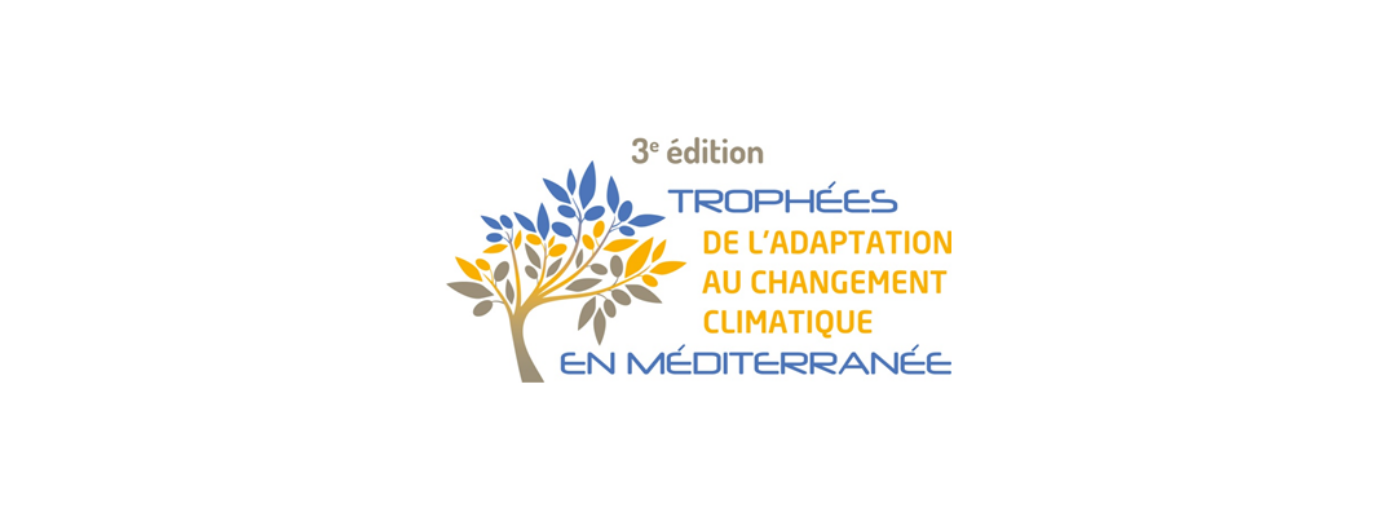
Mediterranean Climate Change Adaptation Awards celebrates 3 winners
- ADEME and its partners, Union for the Mediterranean and Plan Bleu, awarded the Mediterranean Climate Change Adaptation Awards at the “Mediterranean Climate Change Adaptation: experience and good practices” conference today, July 27th 2021. The event’s Big Winner was Algeria’s National Sanitation Office for its innovative water treatment plant with filters in the Tamacine area.
27 July 2021. The Mediterranean region is at high risk from climate change, according to the First Mediterranean Assessment Report prepared by the independent network of Mediterranean Experts on Climate and environmental Change (MedECC) By the end of the century, the average temperature in the Mediterranean should rise by up to 5.6°C, rainfall should drop by 20% and sea levels should rise by an average of up to 90 cm. The Mediterranean, the climate change hotspot, will therefore be exposed to new stress in terms of accessing resources, which causes a great deal of unrest.
Yet, the Mediterranean regions are launching projects to manage disaster risks, adapt infrastructures, protect ecosystems and design public policies to make them more resilient.
The ADEME 3rd Mediterranean Climate Change Adaptation Awards, supported by the Union for the Mediterranean and Plan Bleu, aimed to put the spotlight on these committed regions and, most importantly, showcase concrete mitigation projects by public and private figures (councils, charities, universities, businesses etc.) in urban, rural or coastal areas surrounding the Mediterranean.
3 Mediterranean finalists
Over 50 projects were submitted by 16 Mediterranean countries with over half from the Southern and Eastern Mediterranean and 2/3 from public bodies. There were 3 winners out of the 50 projects:
- The “Resilient facilities and infrastructure” category award and Big Winner of the 3rd ceremony went to Algeria’s National Sanitation Office for its innovative water treatment plant with filters in the Tamacine area which helps combat desertification, protect water resources, and support local development. The pilot project has already been rolled out in two other communities and twenty new projects are in the pipeline. This sustainable, low-cost, low-energy and easy to use solution can be replicated in many rural areas with a dry and arid climate, to protect water resources and increase crop cover.
- The “Preservation of ecosystems and nature-based solutions” award went to the National Technical University of Athens, in Greece, which launched the HYDROUSA project in 2018 to experiment with innovative, regenerative, and circular solutions applied to water loops in the Mediterranean region, especially in the islands, where a lack of freshwater is a major socio-economic issue. The model is easy to replicate and it to be rolled out in 25 new projects throughout the Mediterranean basin.
- The “Designing, implementing and monitoring public policies” award went to the Lisbon Metropolitan Area, in Portugal, for its climate adaptation strategy based on promoting a culture of adaptation throughout all the key sectors in the area and creating partnerships between its 18 towns and villages. This strategy has high replication potential in other metropolitan areas.
The 3 winners will be invited to the stage at an international conference where their projects will be showcased. The Big Winner will also be invited to the IUCN World Conservation Congress to be held between September 3rd and 11th 2021 in Marseille. They will also receive support from the awards’ partners.

